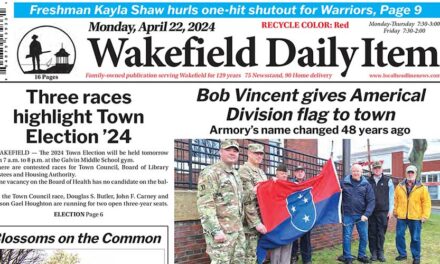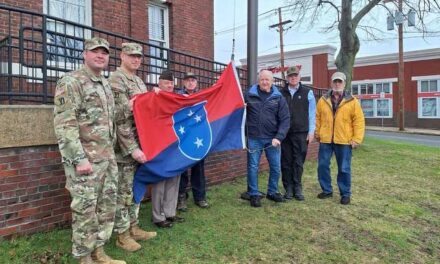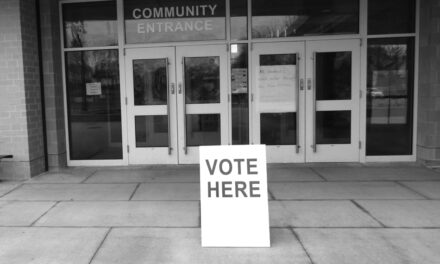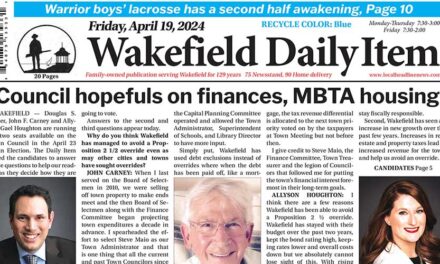Published in the February 12, 2018 edition.
WAKEFIELD — The first week of September is going to be a crazy one for election officials all over Massachusetts. But Town Clerk Betsy Sheeran said she and her staff will be ready.
Secretary of State Bill Galvin has set state primary elections for Tuesday, Sept. 4, to avoid conflicts with the Jewish observances of Yom Kippur and Rosh Hashanah. To accommodate voters who might have conflicts during the holiday and back-to-school week, he has proposed five days of early voting beforehand.
“Obviously, I’m going to need more money to do that,” Galvin told members of the Legislature’s Joint Ways and Means Committee last week.
Because the primaries will be held the day after Labor Day, local election clerks expect to have to seek extra funding to hire additional poll workers and pay municipal workers time-and-half to set up for the election over the holiday weekend.
Sheeran, however, is not one of them. She did not seek any money to cover early voting in 2016, and she won’t this year.
“We’ll be all set,” she said this morning. “I have a great crew here. It’s going to be brutal, but there’s nothing you can do about it.”
If the Legislature adds early voting to the mix by approving Galvin’s proposal, many clerks say it will only add to the costs and complications.
North Andover clerk Joyce Bradshaw says she dug deep into her budget to collect and tally early voting ballots ahead the 2016 presidential elections.
“It was like holding elections 12 days in a row,” she said. “That was a tremendous drain, not just on the town’s finances but our physical resources.”
While the process made it more convenient for voters, Bradshaw said, overall turnout was far less than in previous elections.
Gov. Charlie Baker and lawmakers have pledged to help cover early voting costs, but it’s not clear yet how much money will be made available.
Baker’s budget proposal for next fiscal year includes $1.1 million in funding, which Galvin this week said was inadequate to cover the anticipated costs.
And the funding doesn’t account for expanding early voting to the primary, which would require additional money.
Town and city clerks racked up huge costs for the state’s first foray into early voting ahead of the 2016 presidential elections.
More than 1 million residents – 22 percent of registered voters – cast early ballots, according to Galvin’s office.
Galvin’s office made grants available to cities and towns to promote early voting, but that didn’t affect mandated costs such as hiring poll workers and keeping polls open. The Legislature chipped in $400,000 to help communities cover early voting costs, but that didn’t go far.
Cities and towns spent nearly $720,000 on early-voting costs that should have been picked up by the state, according to a report by state Auditor Suzanne Bump. The costs included extra workers and longer hours at polling stations during early voting, form Oct. 24 to Nov. 4, preceding the Nov. 8 election.
—–
Christian M. Wade, who covers the Mass. Statehouse for North of Boston Media Group’s newspapers, contributed to this report.




